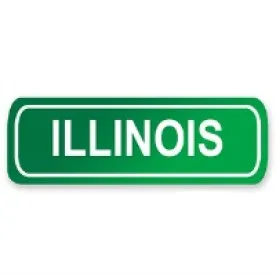Effective January 1, 2017, the Illinois Freedom to Work Act (the “Act”) will prohibit private sector employers from entering into non-competition agreements with employees earning a “low wage.” The Act defines low-wage employees as those who earn the greater of: (a) the federal ($7.25 per hour), state ($8.25 per hour), or local (currently, $10.50 per hour under the Chicago Minimum Wage Ordinance) minimum wage; or (b) $13.00 per hour. The Act defines prohibited restrictions on competition as those that limit a low-wage employee from: (a) working for another employer for a specified period of time; (b) working in a specified geographical area; or (c) engaging in similar work for another employer. Under the Act, these restrictions will be deemed “illegal and void.” Notably, the Act does not affect an employer’s right to protect confidential information and trade secrets through confidentiality agreements with any worker, including low-wage employees.
The Act follows (i) a lawsuit brought by the Illinois Attorney General involving sandwich chain Jimmy John’s use of non-competition agreements to prevent low-wage earners from working at competitors (Jimmy John’s recently reached an agreement with the New York Attorney General to cease that practice); and (ii) a trend of cases around the country challenging the propriety of non-compete agreements with lower-level employees.
In light of the Act and uptick in scrutiny in this area, employers should revisit the application of their non-competition agreements to ensure that they apply to the appropriate employee population.





 />i
/>i

